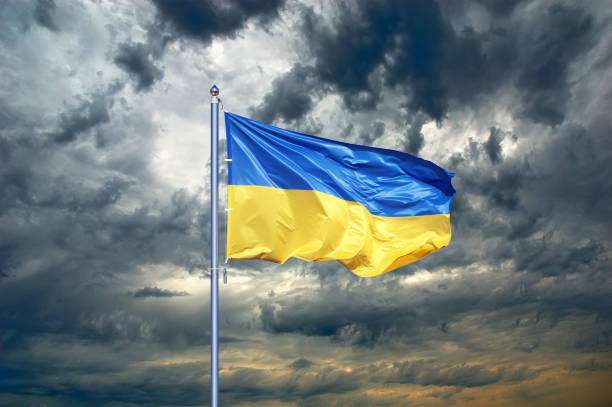The Historian's Take: Updated Thoughts on Putin and the Ukrainian Crisis
Last week, I offered a scenario wherein Russian forces would occupy the breakaway regions of Donetsk and Luhansk and put the onus on Western and Ukrainian forces to take offensive action to recover them. Events have proven that wrong, as Russian forces have now launched a full-scale invasion of Ukraine. But the primary error was in the specific calculus of risk vs. reward for Putin. Simply holding the breakaway regions would minimize further risk while helping to facilitate a political victory in the future. For Putin, however, a larger invasion of Ukraine potentially helps secure a bigger win by clearly demonstrating Russian’s military capabilities. While a riskier proposition than simply occupying the Donetsk and Luhansk regions, for him the additional risk appears acceptable given the greater potential scale of political success. That said, the choice for larger-scale war still operates on the same presumption that Western powers will hesitate or decline to take forceful action to reverse Russian gains. For Putin, failing to do so amplifies both the perceived weakness of Western leaders and Russian strength, thereby potentially greatly enhancing his political stature. Greater risk, greater reward, while leveraging the same calculation that the West will forego a forceful response. And as with the scenario I promulgated earlier, the question becomes what that response will be.
As of this writing, President Biden has indicated that U.S troops will not be used to defend Ukraine, but they are being sent to defend NATO allies. Western countries are imposing harsh sanctions on Russia. Invading troops are concentrating outside Kyiv, and both Russian and Ukrainian negotiators are preparing to meet, with no likely expectation of reaching a settlement. NATO’s defensive preparations along with the pursuit of sanctions, combined with the challenges Russian forces face just with the current operation, would seems to mitigate against the war spreading to other countries, at least in the short term (though I have been proven wrong already).
But the difficulties invading forces face and, more broadly, whether Putin can secure his political victory, now centers on the Ukrainian people: How long will they resist Russian forces? There have been numerous conflicts in history wherein belligerents conducting what have been variously called low-intensity, guerrilla, or insurgent operations have prevailed by extending hostilities longer, and making them more costly, than their opponents have been willing to endure. Up until a few days ago, Putin’s policy had been to support separatists waging such a conflict against Ukraine. But with the current invasion, Ukrainians could now flip those circumstances, waging an unconventional campaign to deny Russian control of their country. In doing so, they would receive assistance from Western countries motivated to deny Putin political victory, but as yet unwilling to risk becoming directly involved in hostilities (although foreign volunteers could boost the manpower of Ukrainian forces).
In short, Putin’s biggest miscalculation may have been discounting the resistance of the Ukrainian people. If so, and Russian forces become involved in a long-drawn out conflict in which they sustain persistent and ongoing casualties, it could erode the stature of his regime – as happened with the Soviet intervention in Afghanistan from 1979-1989. But that outcome depends on the fortitude of the Ukrainian people, who must make the sacrifices, and bear the sufferings and costs of war to deny Putin his victory.
